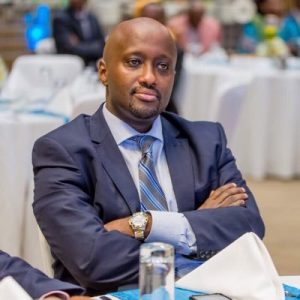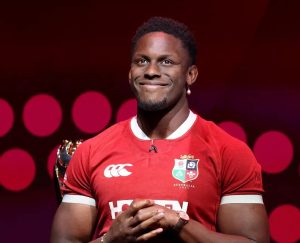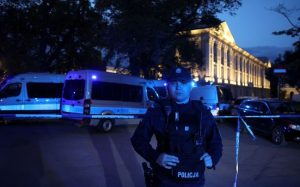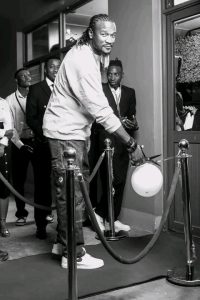Trump offers inauguration invites to foreign leaders through calls and back channels
3 min readDonald Trump is taking a unique approach to his upcoming inauguration by personally inviting foreign leaders, including some with whom the United States has had tense relations. This effort aims to transform his inauguration into a globally significant event, demonstrating his intent to engage with world leaders from both allies and rivals alike.
One of the most notable invitations came for Chinese President Xi Jinping, a rare move considering China’s role as one of America’s main geopolitical competitors. Trump’s spokesperson, Karoline Leavitt, emphasized that the invitations were part of Trump’s strategy to engage in open dialogue with countries that aren’t just allies but also adversaries. While President Xi is not expected to attend, a delegation of senior Chinese officials is anticipated to represent China at the event.
Other foreign leaders invited by Trump include El Salvador’s President Nayib Bukele, Italy’s Prime Minister Giorgia Meloni, and Argentine President Javier Milei. These leaders are closely aligned with Trump, though their political styles—often associated with populist and authoritarian tendencies—have occasionally sparked concern among the U.S. and its allies. Trump’s outreach has been mostly informal, with invitations extended during phone calls on unrelated matters, through back channels, or via written invitations sent by his team.
Although the specifics of the guest list remain unclear, Trump has hinted that he may extend invitations to additional leaders, some of whom could be seen as politically risky. This unconventional approach signals a shift in diplomatic practice, as foreign leaders rarely attend U.S. inaugurations in person. Typically, the Joint Congressional Committee on Inaugural Ceremonies (JCCIC) and the State Department handle invitations to foreign diplomats, but the incoming president has the discretion to invite specific heads of state. Trump’s outreach to leaders outside the typical Western allies marks a potential new phase in U.S. foreign policy.
In a recent interview, Trump reflected on his relationships with global leaders, including North Korea’s Kim Jong Un and Russia’s Vladimir Putin, stating that he maintains good relations with many leaders whom others might not expect him to. He expressed a desire to reengage with foreign leaders after his political comeback, having already interacted with various world leaders and hosted some at his private club in Palm Beach, Florida. Trump has also made headlines with his foreign policy statements, such as his call for a ceasefire between Ukraine and Russia and his opposition to new U.S. policies that allow Ukraine to use long-range missiles against Russia.
Trump’s recent visit to Paris, where he attended the reopening of the Notre Dame Cathedral at the invitation of French President Emmanuel Macron, reflects his ongoing desire to be a central figure in global diplomacy. There, he met with Ukrainian President Volodymyr Zelensky and several other world leaders. Trump expressed admiration for the event’s grand scale and the diverse international representation.
As he plans his inauguration, Trump seeks to make it an internationally recognized occasion. An adviser noted that Trump is eager to have world leaders attend, viewing the inauguration as an opportunity to showcase the United States on the global stage. However, the informal and fluid nature of the invitations has made it difficult to track who has been invited, presenting challenges for his team in managing the guest list.
Additionally, Trump’s plans raise concerns for the U.S. Secret Service, which is tasked with protecting heads of state while they are on American soil. The presence of numerous foreign leaders, along with heightened security due to recent threats against Trump himself, could complicate logistics.
While some leaders have accepted Trump’s invitations, including Bukele, it remains unclear whether others will attend. Trump has suggested that his communication with Xi Jinping remains strong, despite ongoing trade tensions, but he has refrained from confirming whether Xi will attend.
As Trump continues to extend invitations and finalize his guest list, his efforts reflect his broader goal of reinforcing a more assertive and unconventional foreign policy stance. While the details of his inauguration guest list continue to evolve, the invitations themselves signal a departure from traditional diplomatic practices, showcasing Trump’s desire to position his second inauguration as a landmark event on the global stage.








